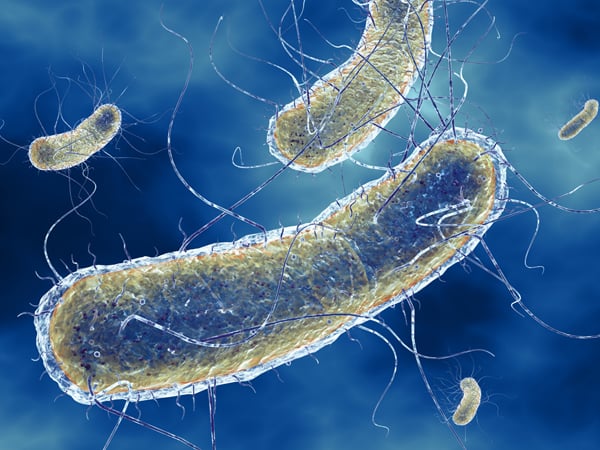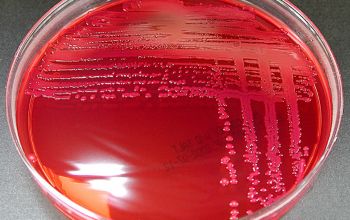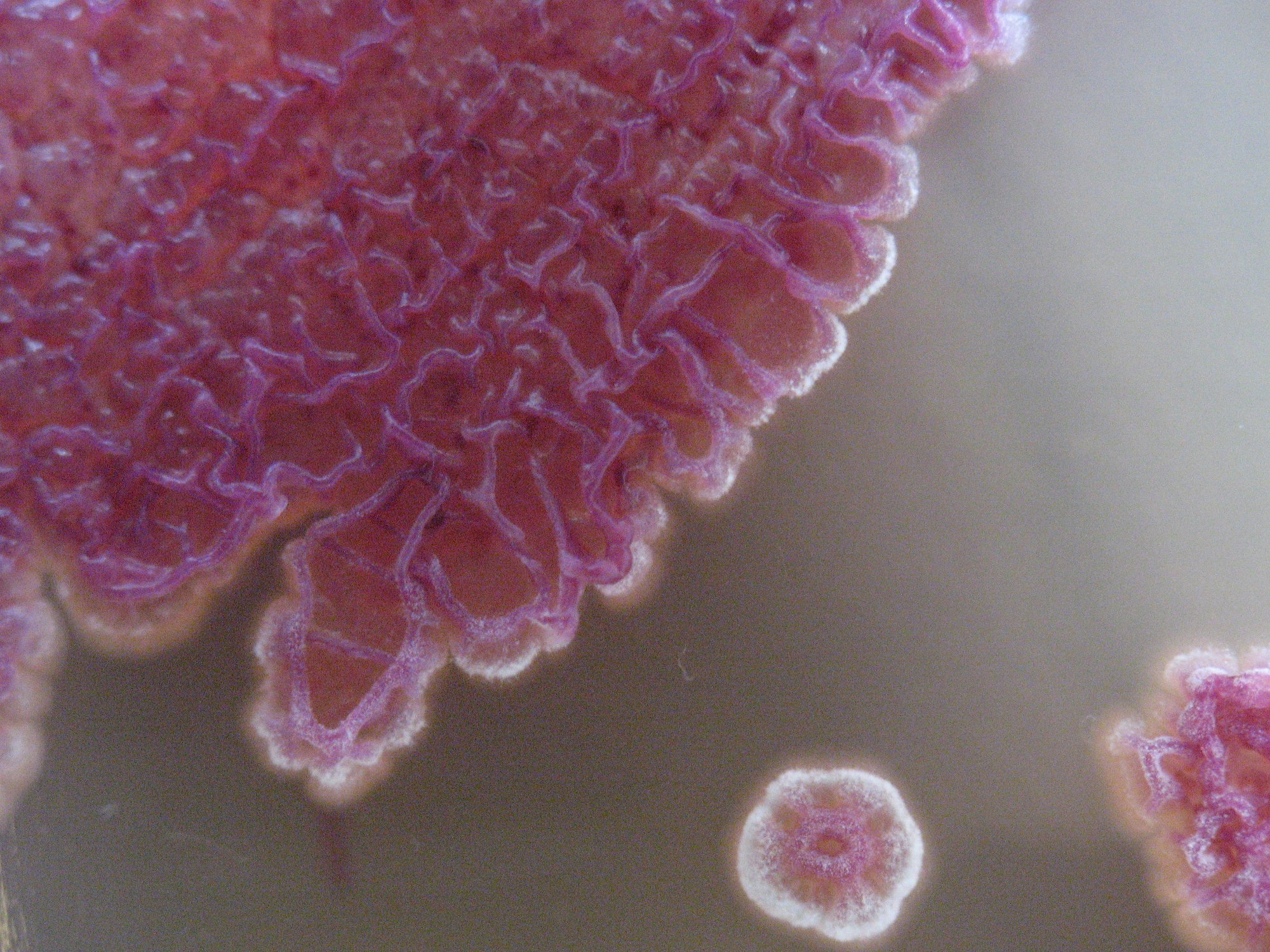New research uncovers potential reason for ongoing loss of smell following COVID-19 infection
New research, published in the journal Science Translational Medicine, may have identified why some individuals suffering from long COVID-19 fail to recover their sense of smell. Anosmia, or loss of smell, is a common symptom for those suffering from COVID-19, but in most cases this sense returns soon after recovery from the infection. However for … Read more




